Fuel Your 75 Hard: The Ultimate Diet Guide
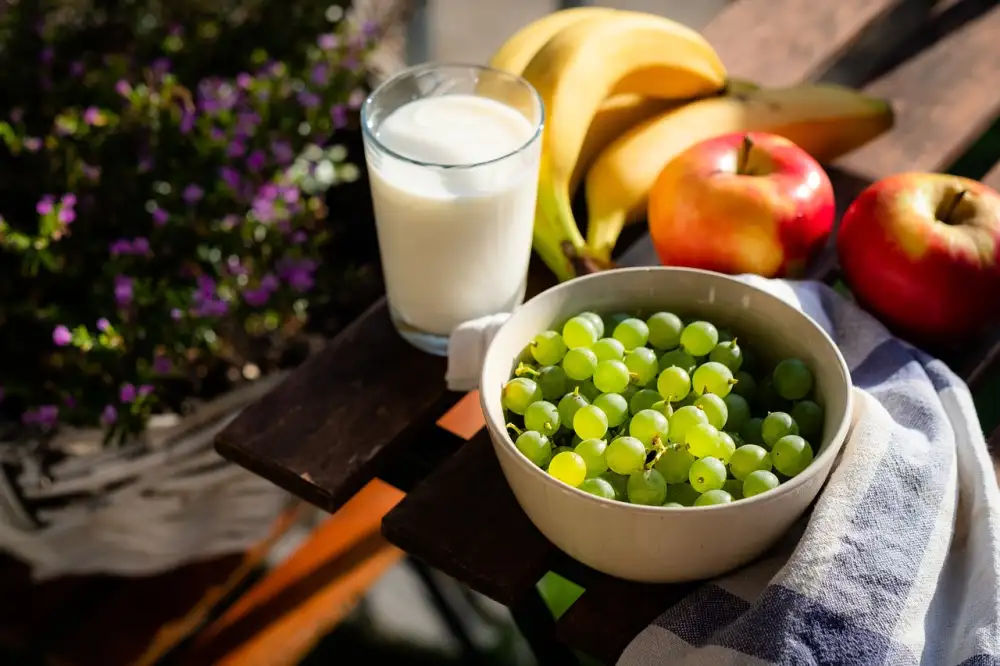
Meal Prep is Key
One of the biggest obstacles to success with 75 Hard is nutrition. Let's face it, life gets busy. It's easy to grab takeout or reach for processed convenience foods when you're short on time. That's where meal prepping becomes your secret weapon. By dedicating a few hours each week to plan and prepare your meals, you'll be far less likely to fall off the wagon. Imagine this: you open your fridge and find a week's worth of healthy, delicious meals and snacks ready to go. No more last-minute decisions, no more temptations. That's the power of meal prep.
So, how do you conquer meal prep like a pro, especially on 75 Hard?
Plan your attack: Before you even touch a piece of Tupperware, sit down and plan your meals for the week. Consider your dietary needs, preferences, and the 75 Hard guidelines.
Create a shopping list: Once you know what you're making, create a detailed shopping list. This prevents impulse buys and ensures you have all the ingredients you need.
Batch cook like a champion: Dedicate a few hours one or two days a week to cook large batches of protein sources (grilled chicken, baked fish, lentils), healthy carbs (roasted vegetables, quinoa, sweet potatoes), and healthy fats (avocados, nuts, seeds).
Portion and pack: Let your food cool, then portion it into individual containers for easy grab-and-go meals and snacks throughout the week.
Don't be afraid to get creative: Meal prepping doesn't have to be boring! Experiment with different flavors, cuisines, and recipes to keep things interesting.
Remember, consistency is key with 75 Hard, and that includes your nutrition. Meal prepping empowers you to stay on track, make healthier choices, and crush your goals. So, embrace the power of meal prep and watch your 75 Hard journey transform.
Hydration is Important
Hydration is non-negotiable, especially during a rigorous program like the 75 Hard challenge. This isn't just about quenching your thirst; it's about optimizing every bodily function. Think of water as the lifeblood of the 75 Hard diet. It transports nutrients, regulates body temperature, flushes out toxins, and keeps your energy levels up. Falling short on water can lead to fatigue, headaches, and even hinder your workouts, jeopardizing your progress.
While the 75 Hard challenge doesn't stipulate a specific water intake, aiming for a gallon (about 4 liters) a day is a good starting point. This might sound like a lot, but you can easily incorporate it throughout your day. Carry a reusable water bottle everywhere and make it a habit to sip consistently. Don't wait until you're thirsty to drink; by then, you're already slightly dehydrated.
Remember, sugary drinks are off-limits on the 75 Hard challenge. Stick to water, plain tea, or black coffee for hydration. If you're bored with plain water, infuse it with fruits like lemon, cucumber, or berries for a refreshing twist. Electrolyte-rich drinks can be beneficial, especially after intense workouts, to replenish lost minerals. Choose low-sugar options or make your own by adding a pinch of salt and a squeeze of lemon to your water.
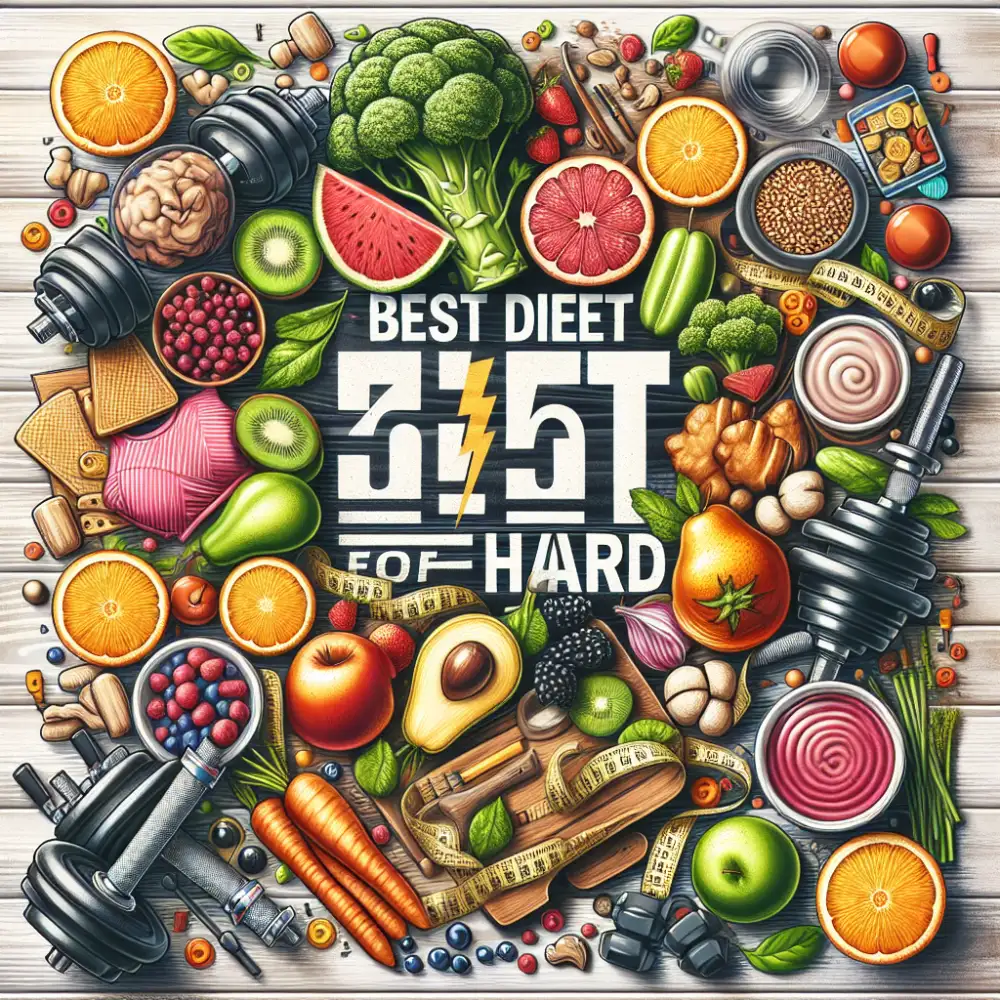
Paying attention to your hydration is as crucial as your food choices during the 75 Hard challenge. It's a simple yet powerful tool to maximize your performance, support your body, and ultimately, conquer the challenge.
Limit Processed Foods
Processed foods are your enemy during 75 Hard. They’re often loaded with added sugars, unhealthy fats, and sodium, which can derail your progress. These foods offer minimal nutritional value and can leave you feeling sluggish and bloated. Focus on whole, unprocessed foods like fruits, vegetables, lean proteins, and whole grains. These foods provide sustained energy, essential nutrients, and support your body’s optimal function throughout the challenge. Reading food labels is crucial during this challenge. Become familiar with identifying hidden sugars, unhealthy fats, and high sodium content. Making informed choices about the foods you consume is vital for success in the 75 Hard program.
Prioritize Protein Intake
Protein is your best friend during the 75 Hard challenge. Why? Because it keeps you full and satisfied, which is super important when you're cutting back on calories or avoiding certain foods. Plus, protein helps your body build and repair muscle, crucial with all the workouts you'll be doing. Aim for a good chunk of protein at each meal. Think lean meats like chicken and fish, Greek yogurt, eggs, tofu, or lentils. Protein shakes are also a convenient way to up your intake, especially after those tough workouts. Don't be afraid to experiment and find what you like best. Remember, consistency is key in this challenge, so find protein sources you enjoy and can stick with.
Don't Neglect Healthy Fats
Many people embarking on the 75 Hard challenge might be tempted to cut out fat entirely, focusing solely on lean protein and complex carbs. However, this is a mistake. Healthy fats are essential for a balanced diet and crucial for success in this demanding challenge. Think of healthy fats as your secret weapon during 75 Hard. They keep you feeling full and satisfied, which is super important when you're pushing yourself with workouts and resisting those tempting cheat meals. This can help prevent cravings and make it easier to stick to the challenge's strict dietary rules.
Not all fats are created equal. Unsaturated fats, found in foods like avocados, nuts, seeds, and olive oil, are your allies. These good fats provide sustained energy, which is crucial for powering through your two daily workouts. They also help your body absorb essential vitamins, support hormone production, and even benefit your heart health.
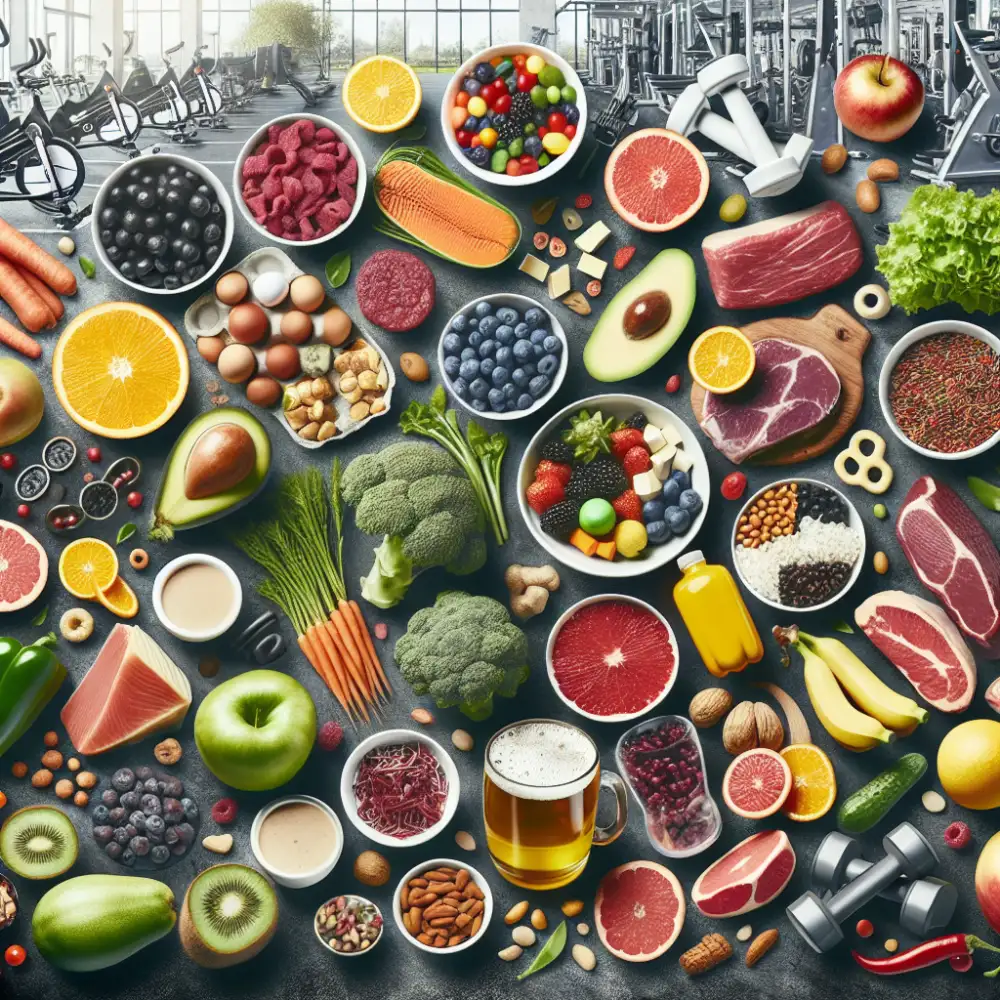
Incorporate healthy fats into your 75 Hard diet by adding a tablespoon of olive oil to your salads, snacking on a handful of almonds or walnuts, or enjoying a quarter of an avocado with your meals. Remember, balance is key. While healthy fats are important, moderation is still crucial. Aim to consume a moderate amount of healthy fats as part of a balanced diet that also includes lean protein, complex carbohydrates, and plenty of fruits and vegetables.
Choose Complex Carbs
For lasting energy throughout your 75 Hard journey, ditch the sugary simple carbs and embrace the power of complex carbohydrates. Think whole grains, legumes, and starchy vegetables. These nutritional powerhouses provide a slow and steady release of energy, keeping you fueled for your workouts and helping you power through cravings.
Unlike simple carbs that cause blood sugar spikes and crashes, complex carbs provide sustained energy levels, essential for conquering the 75 Hard challenge's rigorous demands. They are digested more slowly due to their higher fiber content, preventing those energy dips that can derail your progress.
Here's why complex carbs are your 75 Hard ally:
Sustained Energy: The fiber in complex carbs slows down their digestion and absorption, providing a steady stream of energy to fuel your workouts and daily activities.
Improved Blood Sugar Control: Unlike simple carbs that spike blood sugar levels, complex carbs promote stable blood sugar, reducing energy crashes and cravings.
Enhanced Muscle Recovery: Complex carbs replenish glycogen stores in your muscles, which are depleted during exercise. This aids in muscle recovery and supports your ability to tackle each day's challenges.
Increased Fiber Intake: Most complex carbs are excellent sources of fiber, which aids digestion, promotes satiety, and supports overall gut health.
Incorporate these complex carb sources into your 75 Hard diet:
Whole grains: Quinoa, brown rice, oats, whole-wheat bread, and pasta.
Legumes: Lentils, black beans, chickpeas, kidney beans.
Starchy vegetables: Sweet potatoes, potatoes, corn, peas.
Remember, choosing complex carbs over simple carbs is a crucial step in fueling your body for the 75 Hard challenge. This switch will provide you with the sustained energy, stable blood sugar levels, and improved recovery you need to conquer each day.
| Diet | Pros | Cons | Sustainability | 75 Hard Suitability |
|---|---|---|---|---|
| Standard Balanced Diet (40% Carbs, 30% Protein, 30% Fat) | Provides a variety of nutrients, Flexible and customizable | May require calorie counting, Can be challenging to maintain long-term for some individuals | High | Good for most, allows for flexibility and individualization |
| High Protein Diet (40% Protein, 30% Carbs, 30% Fat) | Promotes satiety, Supports muscle growth and maintenance | Can be restrictive, May lead to nutrient deficiencies if not planned properly | Medium | Good for those focused on muscle gain or preserving muscle mass during weight loss |
Listen to Your Body
The 75 Hard challenge is no walk in the park. It demands a lot, both physically and mentally. While there's no one-size-fits-all "best" diet for it, tuning into your body's signals is crucial. Think of it as a dialogue, not a dictatorship.
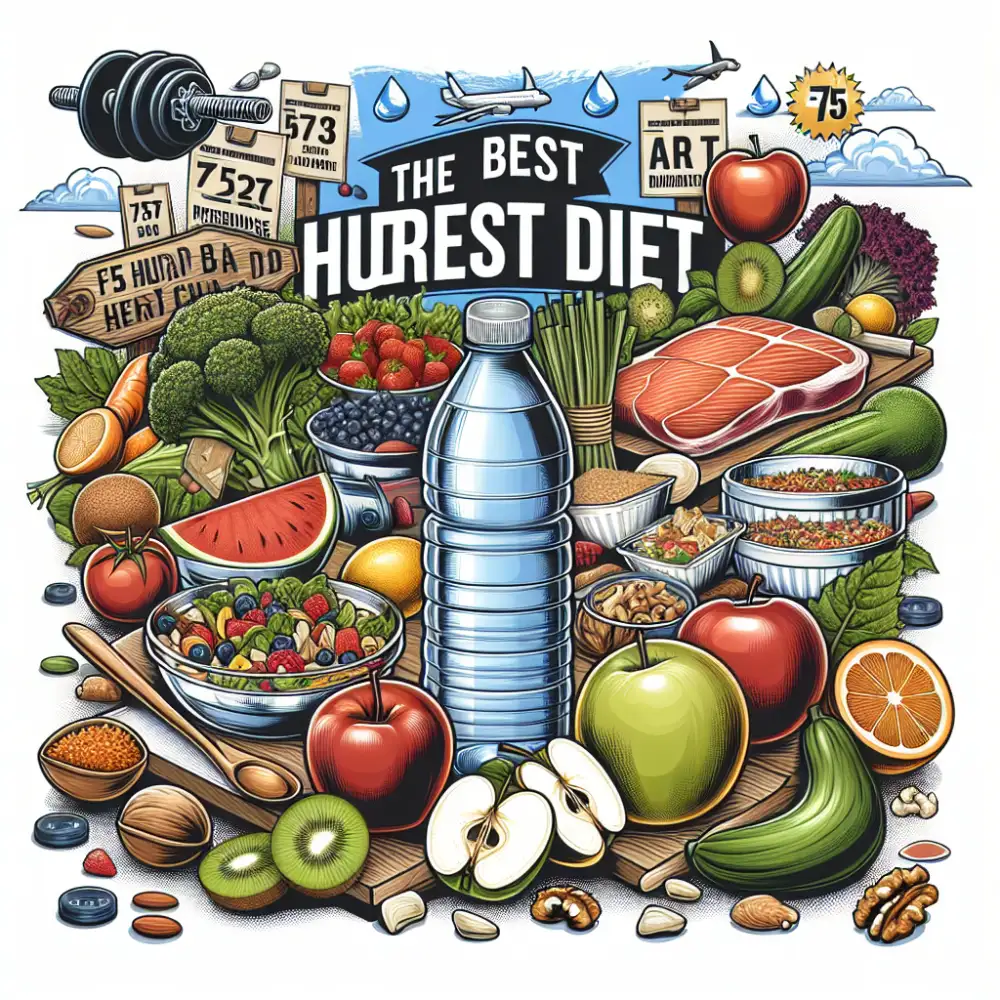

Start by paying attention to how different foods make you feel. Does that extra cheesy pizza leave you sluggish? Do you feel lighter and more energized after a salad packed with veggies? Your body will tell you what fuels it best for the intense workouts and mental fortitude 75 Hard requires.
Don't ignore hunger cues. Feeling faint during a workout is not a badge of honor. It's your body screaming for fuel. Keep healthy snacks handy, like nuts, fruit, or a protein bar, to keep your energy levels stable throughout the day.
Hydration is non-negotiable. Water is your best friend during this challenge. It aids in everything from digestion and nutrient absorption to regulating body temperature, all of which are vital when you're pushing yourself.
Remember, consistency is key. The 75 Hard challenge is a marathon, not a sprint. Find a sustainable way of eating that nourishes your body and supports your goals. Crash diets might seem tempting, but they often backfire, leaving you depleted and more likely to give up.
Listen to your body. It's the only one you've got, and it will reward you for treating it with respect.
Consult a Professional
While the 75 Hard challenge can be a powerful motivator for personal transformation, it's crucial to prioritize your health and well-being. Remember, there's no one-size-fits-all approach to nutrition.
Consulting a registered dietitian or a certified nutritionist is highly recommended before embarking on any restrictive diet plan, especially one as intense as the 75 Hard challenge. These professionals can assess your individual needs, considering factors like your current health status, activity level, and dietary preferences.
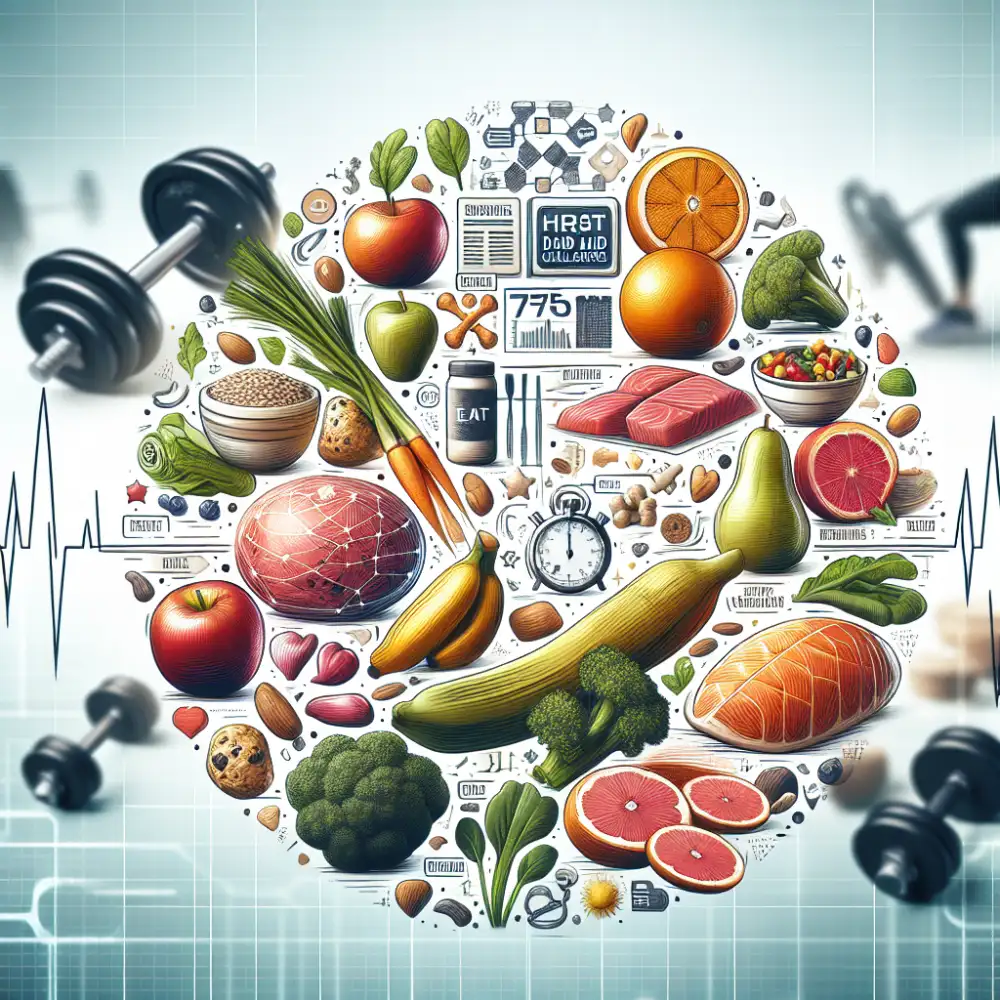
They can help you create a tailored meal plan that aligns with the 75 Hard guidelines while ensuring you're getting adequate nutrients to support your energy levels and overall health throughout the challenge. They can also guide you on appropriate portion sizes, hydration strategies, and potential nutrient deficiencies to watch out for.
Remember, pushing your body to its limits requires proper fuel and expert guidance. Don't hesitate to seek professional support to navigate the 75 Hard challenge safely and effectively.
Published: 21. 06. 2024
Category: lifestyle



